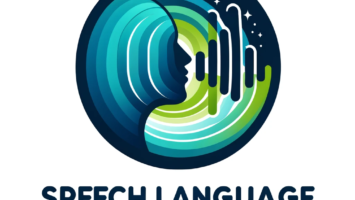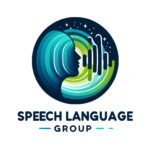ANR ESSL Project
Efficient Self-Supervised Learning for Inclusive and Innovative Speech Technologies Self-Supervised Learning (SSL) has recently emerged as an incredibly promising artificial intelligence (AI) method. Through this method, massive amounts of unlabeled data that are accessible can be utilized by AI systems to surpass known performances. Particularly, the field of Automatic Speech Processing (ASP) is swiftly being transformed by the arrival of SSL, thanks in part to massive industrial investments and the explosion of data, both provided by a handful of companies. The performance gains are impressive, but the complexity of SSL models requires researchers and industry professionals in the field to have extraordinary computational capacity, drastically limiting access to fundamental research in this area and its deployment in everyday products. For instance, a significant portion of work using an SSL model for ASP relies on a system maintained and provided by a single company (wav2vec 2.0). The entire lifecycle of the technology, from its theoretical foundations to its practical deployment and societal analysis, therefore depends solely on institutions with the physical and financial means to support the intensity of this technique’s development. The E-SSL project aims to restore to the scientific community and ASP industry the necessary control over self-supervised learning Plus d'infos





